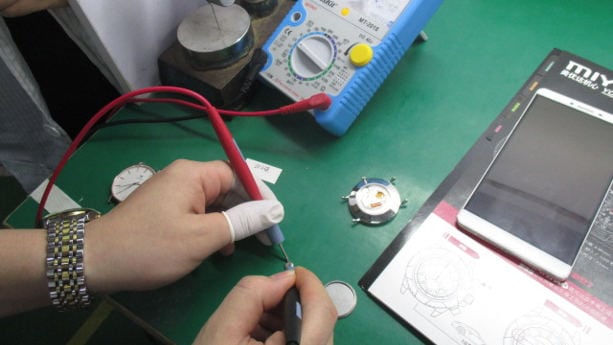Chinese inspections can be complicated and can involve a lot of bureaucracy. This is why many businesses are opting-out of the process. However, it is also a necessary step for businesses that want to trade in China. In this article, we will be walking you through the process from the buyer’s perspective. We will cover exactly what the process entails, what documents you will have to have, and what costs you will incur.
A chinese inspection is a process that allows the seller to obtain a certificate that is meant to make the buyer feel more confident in the purchase. It is not a guarantee that the seller will not use counterfeit parts in the product, but it does provide the buyer with a peace of mind.
What documents will you need?
A Chinese inspection is a comprehensive examination of the buyer’s goods. It is a service provided by Chinese Customs for a fee. The buyer will need to provide the manufacturer’s invoice, product specification, and a completed Form No. 703 before the inspection. The inspector will check the product against the product specification, check the quantity and quality of the product, and check the packaging of the product.
What costs will you incur?
China is the most populous country in the world, and in order to stay competitive, it’s important for businesses to ensure that all their products are of the highest quality. The cost of inspections varies depending on the location, the type of property, and the type of building. You will also incur costs for things such as the license, the legal registration, and the certificate of occupancy. The most significant cost is the cost of the inspection itself.
Conclusion
The Chinese government is a powerful entity that controls many aspects of society. The inspection system is one of these aspects. It is important to know what is required of a company before they are allowed to open up in China. To understand the inspection system, you must first know what type of company you are looking to open. There are three types of companies that are allowed to operate in China. These are: –
- Franchises
The first type of company is a franchise. A franchise operates under a particular brand name, and it is owned by the parent company. The parent company is the one that provides the brand name, and it is the one that makes all the decisions for the franchise. The only restriction for a franchise company is that it cannot have more than 50 outlets in China.
- Joint Ventures
The second type of company is a joint venture. A joint venture is a company that owns a particular factory, but the parent company does not own the factory. A joint venture is allowed to operate in China, but it must be registered with the government.
- Subsidiary Companies
The third type of company is a subsidiary company. A subsidiary is a separate business that is held by its parent company or holding company to the extent of more than 50%. The legal status of subsidiaries varies from that of their parent company. Businesses create or purchase a subsidiary to acquire particular synergies or assets, receive tax benefits, and restrict or manage losses.








